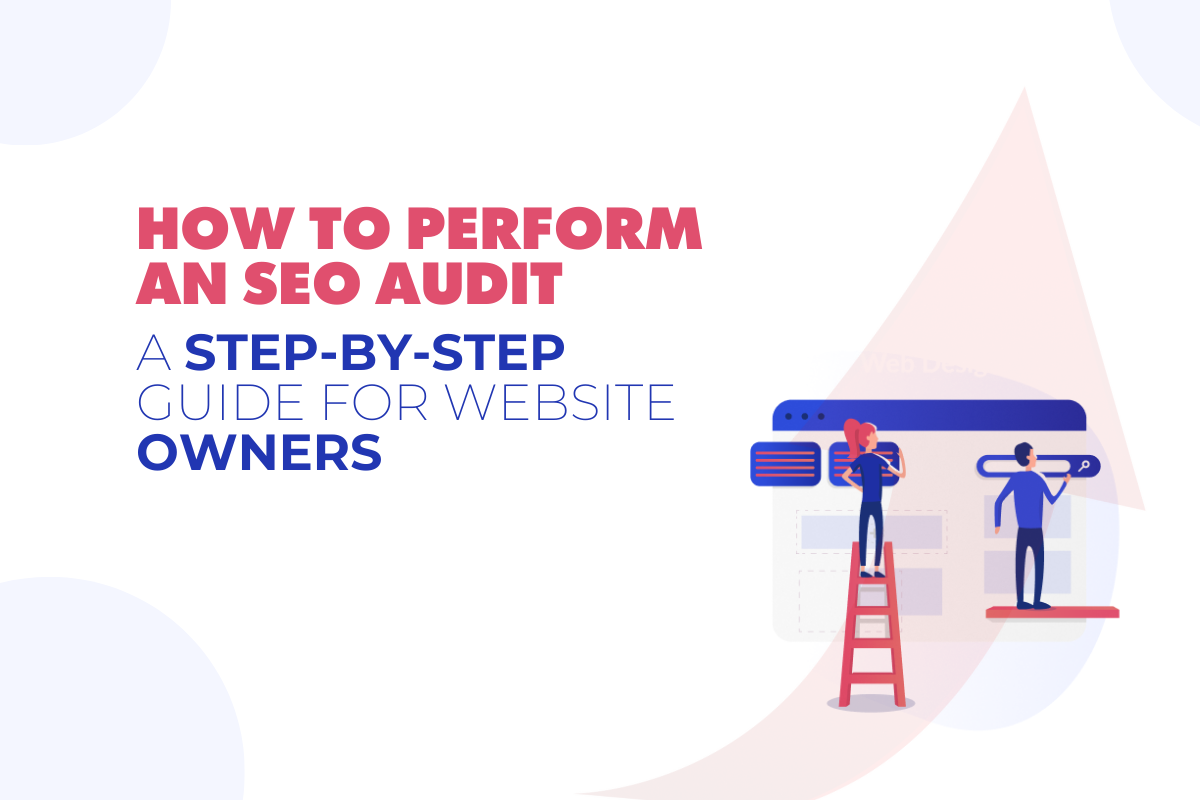In the ever-evolving world of SEO, one question remains constant: what does Google truly want? As we navigate through 2025, the answer has become clearer than ever—context over isolated keywords. Gone are the days when ranking was solely dependent on stuffing your content with target phrases. Now, it’s all about structured, meaningful content ecosystems. And at the heart of this shift lies one powerful strategy: content clusters. Supported by modern SEO tools, content clusters are transforming how every SEO agency builds visibility and authority.
Let’s break down why content clusters are winning the SEO game in 2025, how they differ from keywords, and what it means for businesses and marketers.
1. The Shift from Keywords to Content Themes
- Keywords have long been the backbone of SEO, but they often encourage fragmented content.
- Google now prioritizes topical relevance, not just repeated terms. The algorithm has grown smarter, understanding search intent and semantic relationships between topics.
- SEO company in India circles are increasingly turning towards content clusters to enhance topical depth and authority.
- A content cluster is a group of interlinked pages revolving around a central theme, with one pillar page supported by multiple cluster pages.
- Tools like Surfer SEO, SEMrush, and Ahrefs (all reliable SEO tools) help identify these themes and structure effective clusters.
With Google emphasizing topic authority, brands must think in terms of subject matter mastery, not just keyword presence.
2. Understanding the Content Cluster Model
- The cluster model improves SEO by enhancing internal linking and demonstrating expertise to Google.
- A pillar page acts as the central hub and gives a high-level overview of a core topic (e.g., “The Ultimate Guide to Digital Marketing”).
- Supporting cluster content dives into related subtopics like PPC, content strategy, or influencer marketing, each linking back to the pillar.
- A well-executed model can drastically boost rankings, especially when deployed by a seasoned SEO agency in Mumbai or SEO company in Bangalore.
- Unlike standalone keyword-based pages, clusters send stronger signals to search engines about content structure and relevance.
This shift is why even the best SEO company in India focuses on long-term topical depth, not short-term keyword ranking wins.
3. Benefits of Content Clusters for Google and Users
- For Google, content clusters help clarify which pages are most important on your site—a major ranking factor.
- For users, clusters provide a seamless experience, offering in-depth answers to all related queries in one place.
- Clusters reduce bounce rates and increase time-on-site, helping businesses like a seo company in Delhi prove content value.
- This approach is highly scalable and works across industries, from a seo company in Chennai to a niche seo company in Surat.
- It also allows for smarter content updates, where adding or updating a cluster page enhances the value of the entire hub.
Ultimately, Google rewards brands that help users complete their journey in fewer clicks with more clarity.
4. Implementing Clusters: How to Do It Right
- Start with thorough research using your favorite SEO tools to identify core topics and related queries.
- Choose your pillar content wisely. It should target broad, high-volume searches that are central to your service (e.g., by an SEO company in Noida).
- Develop cluster pages that answer specific sub-questions, incorporating long-tail keywords like “SEO services India” or “SEO expert India”.
- Optimize interlinking. Each cluster page must link back to the pillar, and the pillar should link to all clusters—a task often perfected by a seo company in Kolkata.
- Measure performance. Track metrics like dwell time, bounce rate, and keyword visibility to adjust the strategy.
Whether you’re a startup or a large seo company in Ahmedabad, the key is consistency, coherence, and user-centric value.
Conclusion
The future of SEO is clear: topic authority trumps keyword frequency. As search engines get smarter, they expect more from content creators. A well-structured cluster strategy communicates credibility, clarity, and care. Whether you’re a business owner or part of a leading seo company in Pune, it’s time to shift from chasing individual keywords to building authoritative content ecosystems.
SEO tools play a vital role in this transformation—helping map out topic clusters, track performance, and refine content strategies. So if you’re still stuck on old-school keyword methods, it’s time for a strategic reset.
Looking to implement a content cluster strategy that gets real results? AKOI is not just any seo company. As a forward-thinking seo agency india, we combine data, creativity, and structure to help brands dominate search results.


